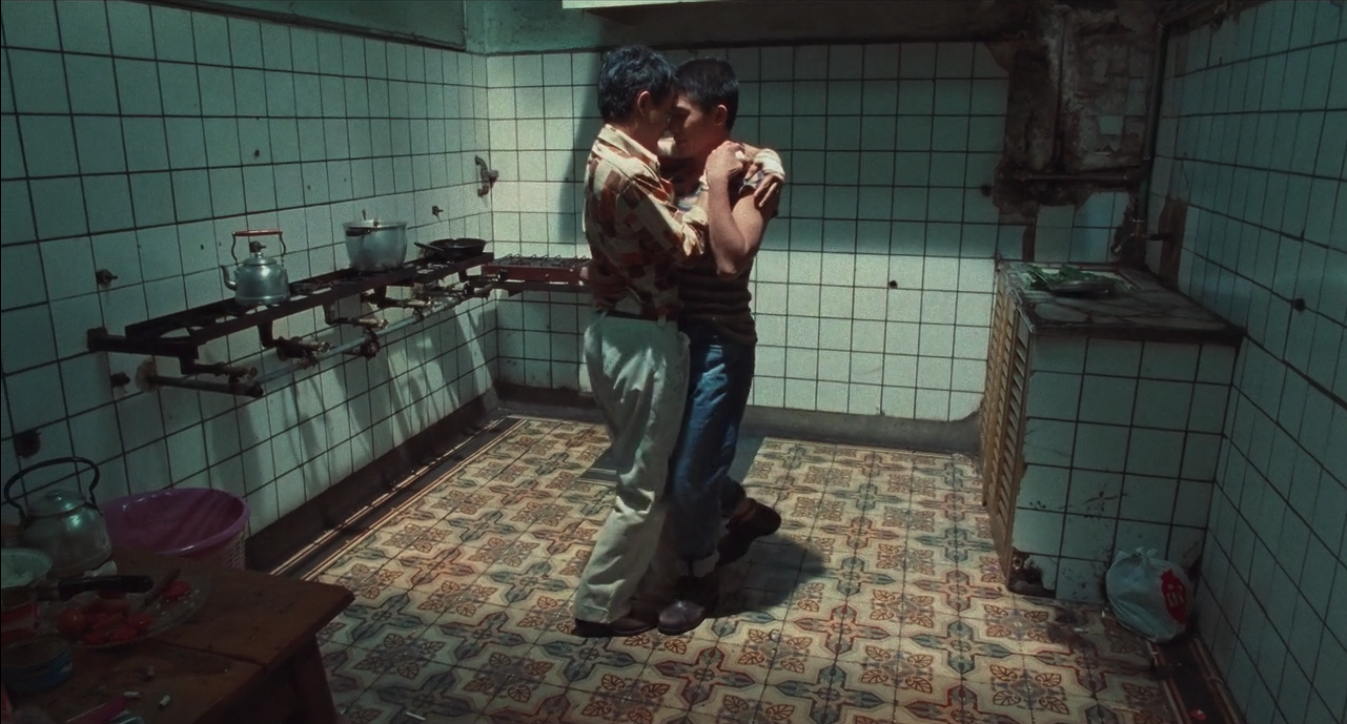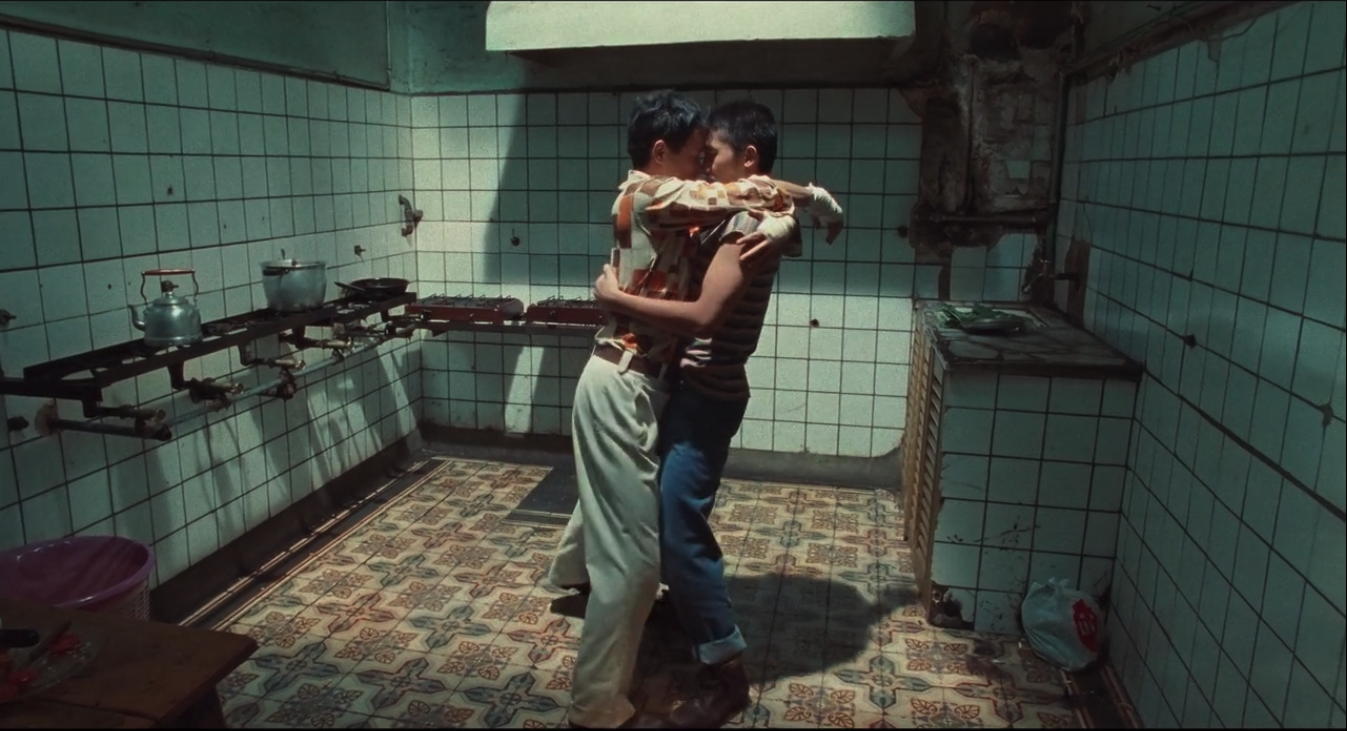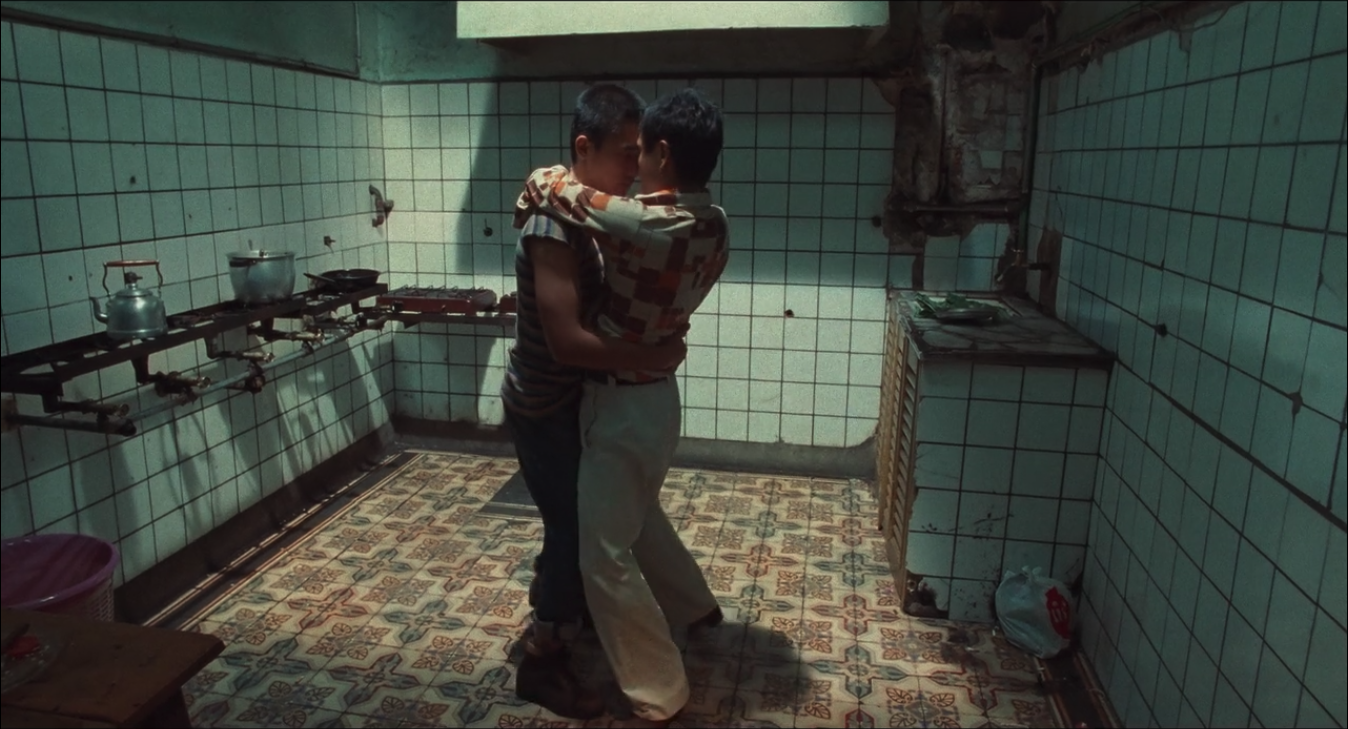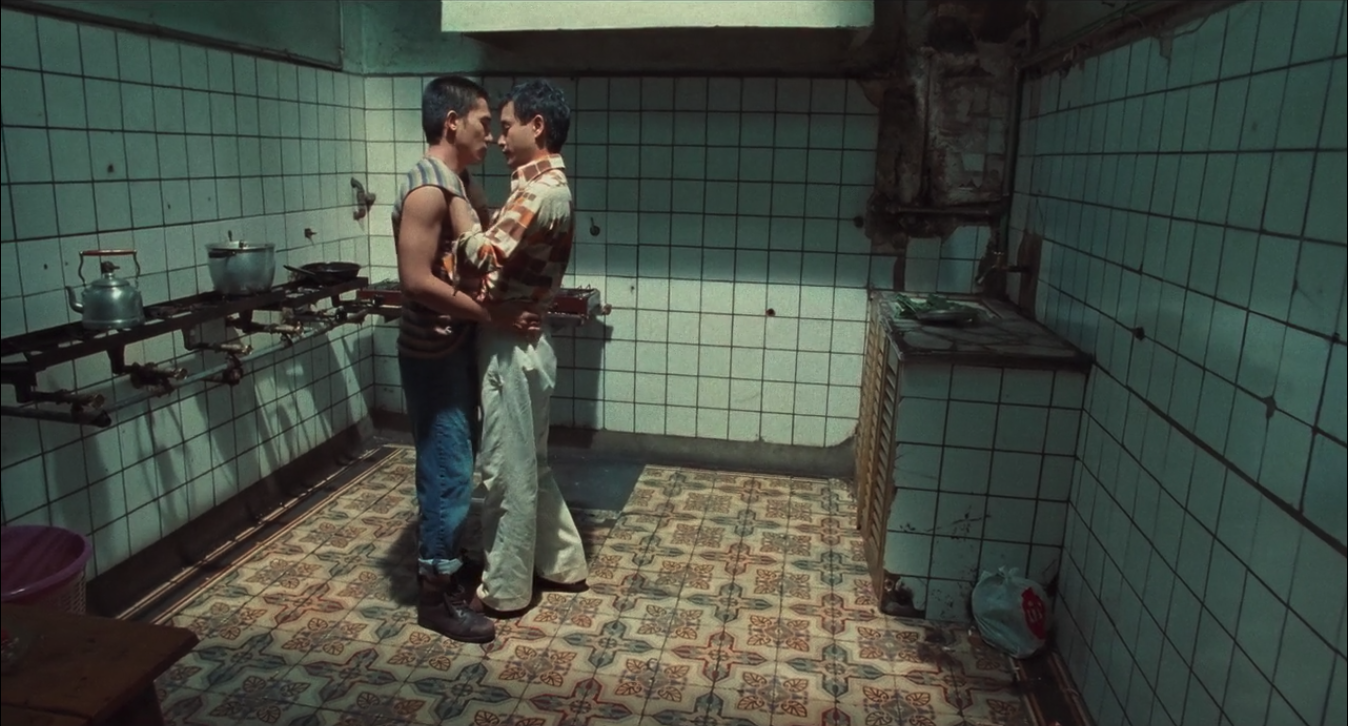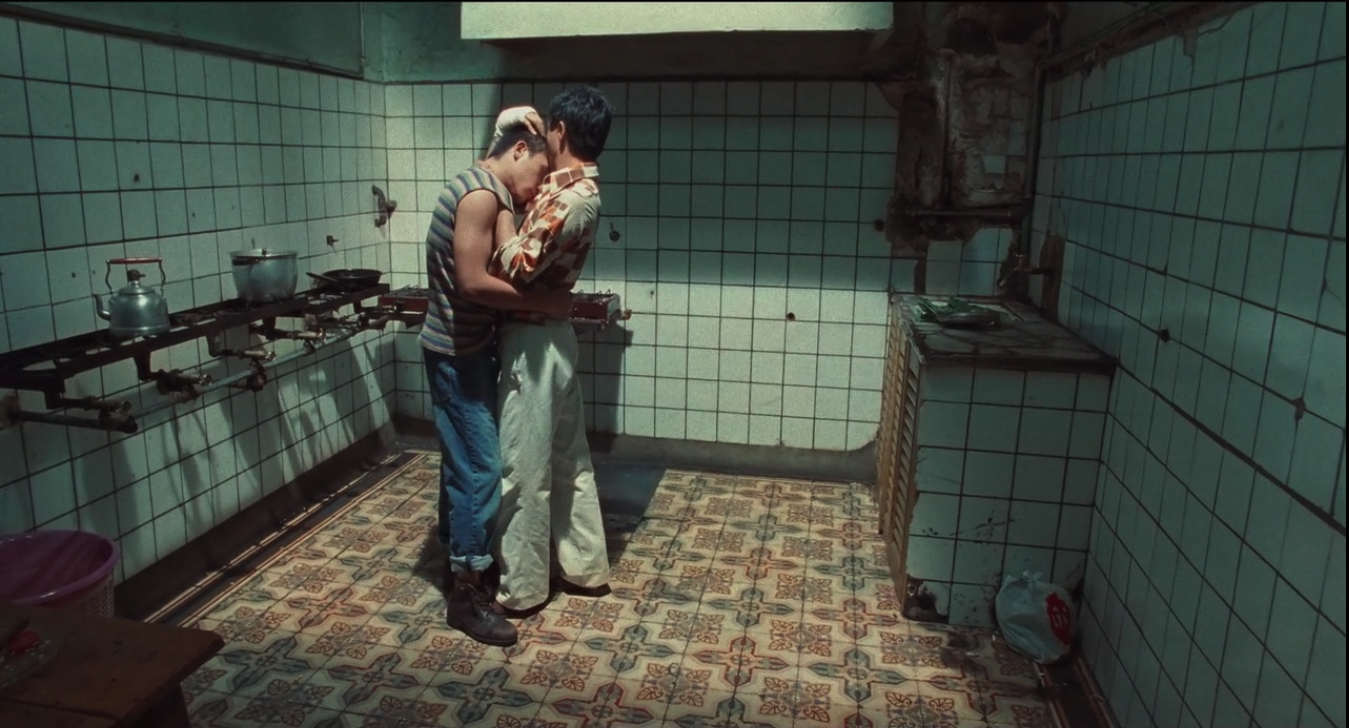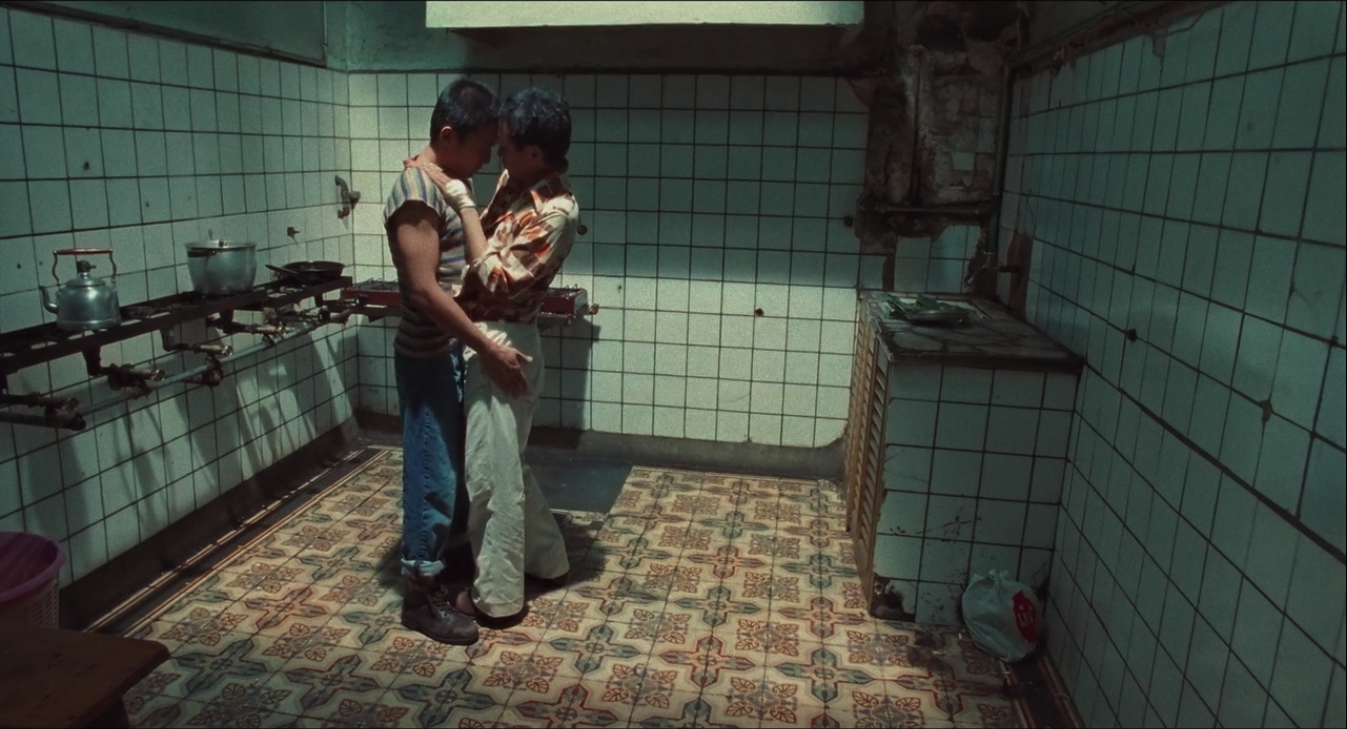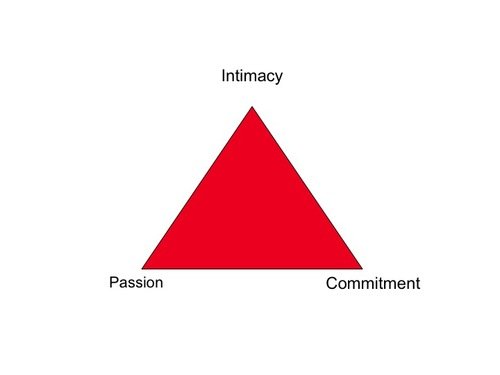romance.attempt_001
After an experience or two of something so sweet and fleeting, I set out to define this phenomenon that is so intertwined and bound up in our modern and ancient ideas of love, lovemaking, the memory of love, the reality and the illusion of it, the foolishness, the childlike joy that it brings. This is my first attempt to define the elusive that breaths new life into me when I come across it and keeps me going to the next breath. I am a true romantic and I’d like to define what I mean by that. There is something so impossible, yet aspirational about defining that which in essence must be abstract. I have compiled text, images, songs, poems, stories, experiences, art, life, love to try to capture and replicate this feeling. I wish to bottle it, to hold it close, to share it, to bond over it, and for it to bring joy in moments where the feeling lacks—for there is nothing greater in life than love.
romance (noun)
ro·mance | \ rō-ˈman(t)s, rə-; ˈrō-ˌman(t)s \
a medieval tale based on legend, chivalric love and adventure, or the supernatural
a prose narrative treating imaginary characters involved in events remote in time or place and usually heroic, adventurous, or mysterious
a love story especially in the form of a novel
a class of such literature
something (such as an extravagant story or account) that lacks basis in fact
an emotional attraction or aura belonging to an especially heroic era, adventure, or activity
capitalized : the Romance languages
romance (verb)
romanced; romancing
intransitive verb
to exaggerate or invent detail or incident
to entertain romantic thoughts or ideas
transitive verb
to try to influence or curry favor with especially by lavishing personal attention, gifts, or flattery
to carry on a love affair with
Merriam-Webster Dictionary
title: The Four Seasons: Spring
artist: François Boucher (French, 1703–1770)
date: 1755
medium: Oil on canvas
dimensions: 21 3/8 x 28 5/8 in. (54.3 x 72.7 cm)
credit line: Henry Clay Frick Bequest
accession number: 1916.1.12
currently on view: Fourth Floor, Room 18
“I have this great fear that the moment we were supposed to meet will be thwarted. Maybe it already has been. I think I saw her on the subway yesterday. I saw her and I thought, we were supposed to meet yesterday on the bus. She was supposed to sit down next to me, spill her soda on me and we were supposed to laugh, making a game of cleaning it up where we touch each other more than necessary, coincidently get off at the same stop, get to talking and then there a moment where she says, well?, like she feels dumb because we really don’t even know each other and we’ve been talking like old friends and that’s when I release how excellent she is in every way and we kiss, right there in the street and it’s a moment we talk about for years later, how we never believed in love at first sight until we met each other. Instead, some fat man got in the way. She was rushing for the bus and he wild in front of her. She tried to get around him, spilled the drink she was supposed to spill in my eager lap on his indifferent shoulder. Then she missed the bus, which had me on it with an empty seat next to me, oblivious, thinking about something like the texture of raisins and scraping at the chunk of gum stuck to the seat in front of me. In fact, I’m sure this is what happened. The whole fiasco probably threw us both way out of wack. Now our paths won’t cross until years later when she’s forgotten she’s a dike and she’ll move in next door to me and I’ll have a painful crush on her and she’ll be sitting on her porch with her boyfriend and she’ll wave to me. I’ll be getting my mail and I’ll get a little lilt in my stomach when she waves and I’ll trip over my cat and I’ll stumble in a kind of Three Stooges way and she’ll look away like she’s embarrassed for me and I’ll go instead and feel really dumb. Then her boyfriend will think I seem like I would be fun and one morning when we bump into each other in front of my house he’ll invite me to a shindig they’re having. I’ll go and not know anyone and sit in a corner and play with pistachio shells and give each woman there a makeover in my head. What if she wore baggy jeans, she’d be really hot if she cut off that perm and stopped giggling so much, then dream girl would introduce me to someone, she’ll say, this is Matt, she’s my neighbor. And I’ll say, no actually it’s Max, it’s Max like where the wild things are. Then I’ll walk home saying, it’s Max, it’s Max, my name is Max. We were supposed to get on the bus two years ago. At this very moment, we’re supposed to be sitting on our couch together reading and playing footsie absentmindedly. My name is Max. I want to borrow your t-shirts and wake you up when I have bad dreams, burst into a smile when we’re fighting because you’re too adorable, pinch your butt when you’re walking up the stairs in front of me. My name is Max. Make up a name that only you call me, make it something you’d be embarrassed to call me accidentally in public. Fall in love with me. We were supposed to meet so long ago. We’re way behind. It’s Max, my name is Max.”
...it's like you told me once
if we never saw each other again
it wouldn't make any difference
you didn't say it wouldn't matter
you said... it wouldn't make any difference
and did you know I understood the nuance?
it was so long ago... but, did you know?
Happy Together (1997)
Love is up and love is down
In the air and on the ground
Love is everywhere my lover's found
Twilight storms and morning dew
Something old and something new
Love is every care i have for you
And there's one place i love to be, girl
And that's right there by your side
Someday you'll be with me, girl
And through heaven we'll go for a ride
Sharing smiles and holding hands
Making love and making plans
Love is everywhere my lover stands
On the roof and on the floor
Love is knocking at your door
Love just makes me want you more and more
And there's one place i love to be, girl
And that's right there by your side
Someday you'll be with me, girl
And through heaven we'll go for a ride
And there's one place i love to be, girl
And that's right there by your side
Someday you'll be with me, girl
And through heaven we'll go for a ride
Mom, Dad, 1992
saccharine (adjective)
sac·cha·rine | \ ˈsa-k(ə-)rən, -kə-ˌrēn, -kə-ˌrīn \
of, relating to, or resembling that of sugar
yielding or containing sugar
overly or sickishly sweet
ingratiatingly or affectedly agreeable or friendly
overly sentimental: MAWKISH
Merriam-Webster Dictionary
Limoncello
Wash and peel 9 Organic lemons, just the peel, no pith
Submerge them in 1lt pure grain alcohol
Let sit for 20 days
After 20 days, bring 1.5lt of water to a boil
Remove from heat and add 700g of white sugar to boiled water
When the sugar-water has cooled down, strain the lemon-alcohol mixture into the sugar-water
(add a glass of water to the lemon-alcohol mixture to strain out any remaining lemon flavor)
Stir your lemon-alcohol-sugar-water mixture and refrigerate before serving
The History(s)
Il liquore Limoncello nacque proprio qui [Amalfi Coast] agli inizi del 1900, in una piccola pensione dell’Isola Azzurra, dove la signora Maria Antonia Farace curava un rigoglioso giardino di limoni e arance. Il nipote, nel dopoguerra, aprì un’attività di ristorazione proprio nelle vicinanze della villa di Axel Munte. La specialità di quel bar era proprio il liquore di limoni realizzato con l’antica ricetta della nonna.
Qualcuno sostiene che il limoncello veniva utilizzato dai pescatori e dai contadini al mattino per combattere il freddo, già ai tempi dell’invasione dei saraceni. Altri, invece, ritengono che la ricetta sia nata all’interno di un convento monastico per deliziare i frati tra una preghiera e un’altra. La verità, forse, non la sapremo mai.
The Limoncello liqueur was born right here [Amalfi Coast] in the early 1900s, in a small guesthouse on the Blue Island, where Mrs. Maria Antonia Farace tended a luxuriant garden of lemons and oranges. The grandson, after the war, opened a restaurant business in the vicinity of Axel Munte's villa. The specialty of that bar was the lemon liqueur made with the old grandmother's recipe.
Some say that limoncello was used by fishermen and farmers in the morning to combat the cold, already at the time of the invasion of the Saracens. Others, however, believe that the recipe was born inside a monastic convent to delight the friars between one prayer and another. The truth, perhaps, we will never know.
Breve storia del Limoncello (May 5, 2010), Federazione Italiana Industriali Produttori Esportatori ed Importatori di Vini, Acquaviti, Liquori, Sciroppi, Aceti ed affini.
Limoncello was first made on Italy's Amalfi coast, with several villages and islands claiming it as their own, from Sorrento to Capri. Some say a citrus-grove tender from Azzurra passed along her recipe to her bartender nephew at the turn of the 19th century, and that it came to be customarily served as a special treat to guests by the wealthy families of Sorrento. Others say limoncello dates much further, invented either by monks (as was Chartreuse, in France) or fishermen who took a shot to ward off the cold. The name was trademarked by Naples businessman Massimo Canale in 1988. Good luck, Massimo. At this point in limoncello's popularity, that's like trying to trademark the word "lemon."
Limoncello Citrus Liqueur Recipe Is Far From Lemonade (July 3, 2008), Star Tribune (Minneapolis)
They know a lot about hot summer evenings in Sicily, where limoncello was invented about 100 years ago. It might just be the most sympathetic after-dinner drink there is, as bracing as a gin and tonic but more cheerful and fragrant. Limoncello’s fans have found a lot of other uses for it too: spiking lemonade, flavoring cocktails and splashing onto ice cream, poundcake or fresh fruit.
Taste of a thousand lemons (September 8, 2004), The Los Angeles Times
Danny DeVito says he and George Clooney had a long night out last night -- and by the look of things on "The View" this morning, it caught up with him. DeVito, appearing as a guest on the show to plug his latest comedy, "Deck the Halls," told the View gals that he might not have gotten to sleep just yet ... before the 10 AM taping. Then, cursing his seventh limoncello (a lemon liqueur) from the night before, DeVito went on an extended, Three Stooges-esque rant against President Bush, much of which was bleeped out by network censors. He also talked about making full use of the Lincoln Bedroom in the White House when he and wife Rhea Perlman stayed there.
Danny DeVito -- Hammered on "The View"? (November 29, 2006), TMZ
Triangular Theory of Love
The triangular theory of love holds that love can be understood in terms of three components that together can be viewed as forming the vertices of a triangle. The triangle is used as a metaphor, rather than as a strict geometric model. These three components are intimacy, passion, and decision/commitment. Each component manifests a different aspect of love.
Intimacy. Intimacy refers to feelings of closeness, connectedness, and bondedness in loving relationships. It thus includes within its purview those feelings that give rise, essentially, to the experience of warmth in a loving relationship.
Passion. Passion refers to the drives that lead to romance, physical attraction, sexual consummation, and related phenomena in loving relationships. The passion component includes within its purview those sources of motivational and other forms of arousal that lead to the experience of passion in a loving relationship.
Decision/commitment. Decision/commitment refers, in the short-term, to the decision that one loves a certain other, and in the long-term, to one's commitment to maintain that love. These two aspects of the decision/commitment component do not necessarily go together, in that one can decide to love someone without being committed to the love in the long-term, or one can be committed to a relationship without acknowledging that one loves the other person in the relationship.
Robert J. Sternberg, Professor of Psychology, Cornell University
Throughout the 1950s and 1960s Gleason enjoyed a prominent secondary music career, producing a series of best-selling "mood music" albums with jazz overtones for Capitol Records. Gleason believed there was a ready market for romantic instrumentals. His goal was to make "musical wallpaper that should never be intrusive, but conducive". He recalled seeing Clark Gable play love scenes in movies; the romance was, in his words, "magnified a thousand percent" by background music. Gleason reasoned, "If Gable needs music, a guy in Brooklyn must be desperate!"
moonstruck (adjective)
moon·struck | \ ˈmün-ˌstrək \
affected by or as if by the moon: such as
mentally unbalanced
romantically sentimental
lost in fantasy or reverie
Merriam-Webster Dictionary
Champagne and the mystery of the 6 turns of the muselet
When opening a bottle of champagne you have to remove the wired cage that sits on top of the cork. This wired cage is officially called the ‘muselet’ and it is loosened by removing the foil and turning the wire counter-clockwise. If you are like me you probably have never paid attention to the amount of turns it takes. But a friend once noticed that it always(!) takes 6 turns if you do by hand, or 3 if you count full 360 degree turns.
That was years ago, and since then we have tested many bottles on the amount of turns. The outcome has always been the same, regardless of the brand or type of champagne. But we also noticed bottles of Cava, Vonkelwyn, Sekt and Crémant de Bourgogne have the exact same number of turns. So I got really curious. I kept on asking myself ‘Why does it take 6 turns to open the muselet?‘.
By the way, this is the moment where you may think “Nah, that’s not true, I don’t believe this guy. All these thousands of champagne houses all use the exact same number of turns… yeah right”. I challenge you. Go buy a bottle, count and let me know.
As I didn’t know the answer I started asking people that really should know this: people working in the champagne business. I asked the owner of my local liquor store, some importers of champagne, the owner of a champagne bar in Amsterdam and even the guide of a tour through the cellar one of the big champagne houses. Answered ranged from “Good question, I never noticed that” , “I don’t know” and “I guess it’s because of the tradition” to “6 refers to the pressure of 6 atmosphere in the bottle” and “6 is what French see as the number of intense happiness”.
-Post from January 9, 2011 on Champagne and Security: Two Things I Like: Champagne and IT Security
Vive la différence – and vive l’harmonie!
-From The Different Marriages of Tea (January 15, 2013) by François-Xavier Delmas on Discovering Tea: A Tea Traveller’s Blog
“Love is the desire to have good forever.”
-Anna Wittenberg
In the Lovers card, the man and the woman in the image are being protected and blessed by an angel above. The couple seems secure and happy in their home, which appears to be the Garden of Eden. The fruit tree with the snake behind the woman is a reference to that story, which tells of humanity's fall into temptation and into the realm of flesh and sensuality. The angel depicted here is Raphael, the angel of air - who is of the same element of the zodiac sign that governs this card: Gemini. Air is associated with mental activity, and communication in particular, which is the foundation for healthy relationships. His blessing seems to give this card a sense of balance and harmony, the symbolization of union in a grand and cosmic sense between two opposing forces.
The primary meaning within the Lovers is harmony, attractiveness, and perfection in a relationship. The trust and the unity that the lovers have gives each of them confidence and strength, empowering the other. The bond that they have created is very strong, and it can indicate that the two are joined in marriage, and other close and intimate relationships.
Another meaning behind the lovers card is the concept of choice - a choice between things that are opposing and mutually exclusive. This could be a dilemma that you need to think about carefully and make the best decision for your situation.
A more personal Lovers meaning that can apply to individuals is the development of your own personal belief systems, regardless of what are the societal norms. We see this as a development from the Hierophant, who made decrees and passed on his knowledge through a standardized system. This is one of the times when you figure out what you are going to stand for, and what your philosophy in life will truly be. You must start making up your mind about what you find important and unimportant in your life. You should be as true to yourself as you can be, so you will be genuine and authentic to the people who are around you.
“One can feel an attraction towards a particular person. But to release that fount of sorrow, that sense of the irreparable, those agonies which prepare the way for love, there must be—and this is perhaps, more than a person, the actual object which our passion seeks so anxiously to embrace—the risk of an impossibility.”
- from In Search of Lost Time by Marcel Proust
“He fell in love with her singularity—that indefinable quality which only a few people noticed and even fewer judged an asset.”
- from The Umbrella by Tove Ditlevsen in The New Yorker October 25, 2021 Issue
-sourced from Nora Knight
pine (verb)
\ ˈpīn \
pined; pining
intransitive verb
to lose vigor, health, or flesh (as through grief): LANGUISH
to yearn intensely and persistently especially for something unattainable
Merriam-Webster Dictionary
A smell is, after all, a violation of oxygen balance, an invasion into it of other elements—methane? carbon? sulfur? nitrogen? Depending on that invasion’s intensity, you get a scent, a smell, a stench. It is a molecular affair, and happiness, I suppose, is the moment of spotting the elements of your own composition being free.
-From Watermark by Joseph Brodsky (1991)
saudade (noun)
sau·da·de /souˈdädə/
A feeling of longing, melancholy, or nostalgia that is supposedly characteristic of the Portuguese or Brazilian temperament.
‘her songs are based on love poems and evoke a melancholy known to the Portuguese as saudade’
Lexico powered by Oxford University Press
Saudade (English: /ˌsaʊˈdɑːdə/,[1] European Portuguese: [sɐwˈðaðɨ], Brazilian Portuguese: [sawˈdad(ʒ)i], Galician: [sawˈðaðɪ]; plural saudades) is a deep emotional state of nostalgic or profound melancholic longing for something or someone that one cares for and/or loves. Moreover, it often carries a repressed knowledge that the object of longing might never be had again. It is the recollection of feelings, experiences, places, or events that once brought excitement, pleasure, and well-being, which now trigger the senses and make one experience the pain of separation from those joyous sensations. Saudade describes a feeling both happy and sad, and could be approximated by the English expression ‘bitter sweet’.
Wikipedia: Saudade
-sourced from Sophie Andes-Gascon
fluent (adjective)
flu·ent | \ ˈflü-ənt\
capable of flowing: FLUID
capable of moving with ease and grace
capable of using a language easily and accurately
effortlessly smooth and flowing
having or showing mastery of a subject or skill
Merriam-Webster Dictonary
wistful (adjective)
wist·ful | \ ˈwist-fəl\
full of yearning or desire tinged with melancholy
also : inspiring such yearningmusingly sad : PENSIVE
Wistful Has a Wishful History
Are you yearning to know the history of wistful? If so, we can ease your melancholy a little by telling you that wistful comes from a combination of wishful and wistly, a now obsolete word meaning "intently." We can't say with certainty where wistly came from, but it may have sprung from whistly, an old term meaning "silently" or "quietly." How did the supposed transition from a word meaning "quietly" to one meaning "intently" come about? That's something to muse about, but the answer isn't known.
Merriam-Webster Dictionary
Love,
Paris
February 14, 2022






